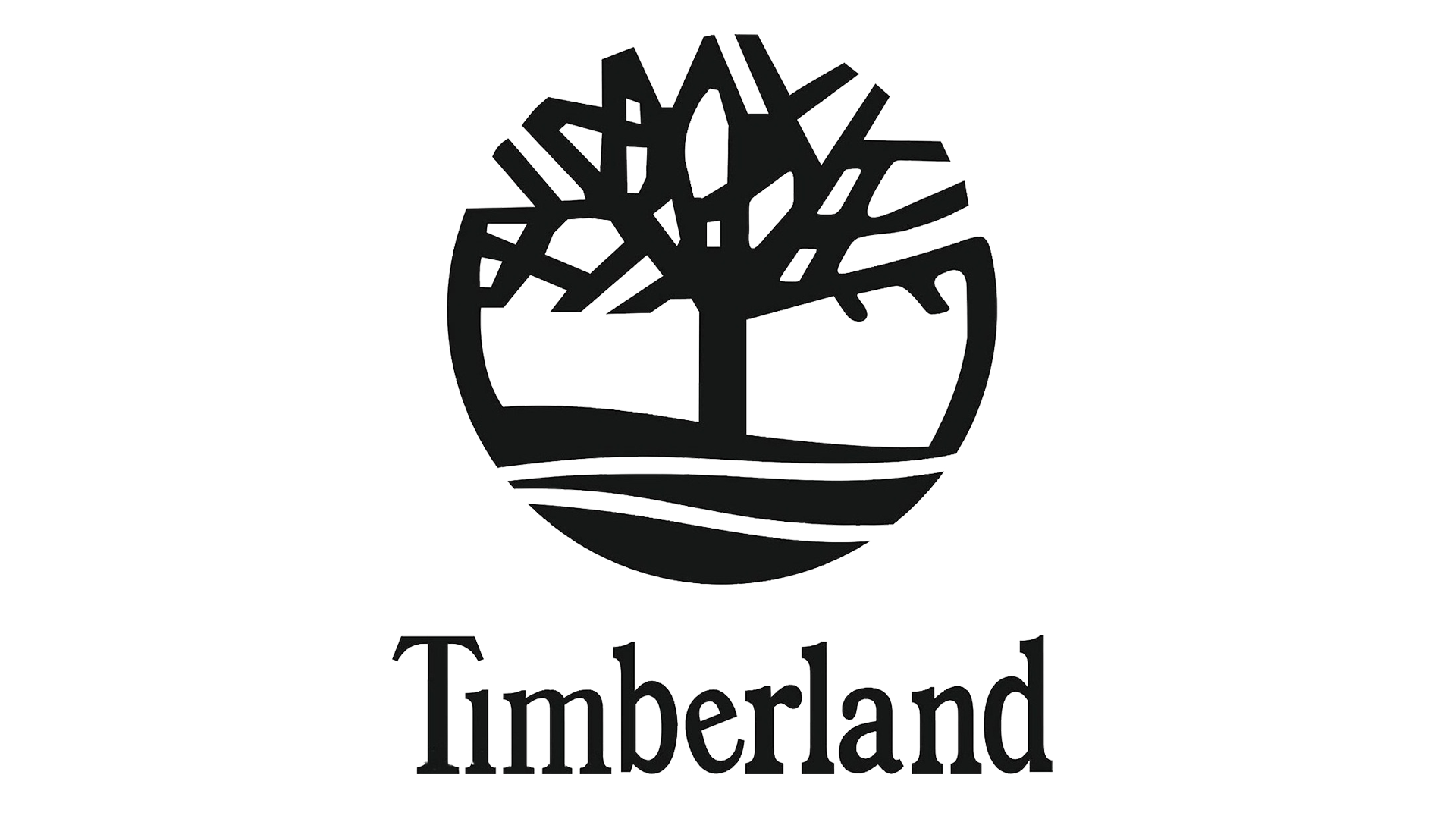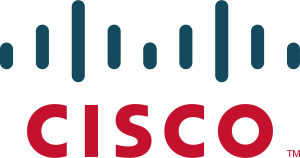Design & Manufacturing

Environmental impacts of products typically get locked in – or locked out -- during design and manufacturing. EarthShift Global helps you make sustainable design and manufacturing choices that support the circular economy with life cycle-based research and tools, and extensive hands-on industry experience.
The textile industry works with diverse materials – natural, synthetic, reclaimed – and as a result, faces diverse environmental challenges. EarthShift Global has helped apparel companies and textile suppliers better understand the impact of their activities and supported them in implementing impact-assessment methods from the Sustainable Apparel Coalition (SAC) Product Category Rule (PCR) for use with apparel Environmental Product Declarations (EPDs).
More broadly, textile industry concerns about social impacts are an ideal fit for the big-picture visibility provided by Sustainable Return on Investment (S-ROI) analysis, a specialty of EarthShift Global. Because the S-ROI dialog process engages with a broad range of stakeholders, it helps companies identify areas of risk and accelerates the development of solutions that result in true positive change.
The S-ROI approach can avoid the pitfalls of more narrowly focused efforts. One example: well-intentioned efforts to ban child labor from supply chains can have the unintended consequence of forcing children and families into worse working conditions. By contrast, the broader S-ROI perspective encourages deeper analysis and more constructive change, enhancing the lives of stakeholders while improving profitability.
Our Textile and Apparel clients include:








Today’s technology affords huge societal opportunities as well as opportunities to reduce our impacts through sophisticated control systems. Complex supply chains and intense processing, on the other hand, create trade offs that are challenging to model and understand. EarthShift Global’s experience in the semiconductor and electronics industries and its connection to leading researchers in these areas allows us to model the more complex systems to identify hot spots and show the societal benefits of a given technology. HP has relied on EarthShift Global to provide solid critical reviews of its LCAs and often refers vendors to us, knowing that we will be rigorous in our methods.
One project we completed with HP on 3D printing has the potential to change the manufacturing of many types of products resulting in changes in the environmental, social, and economic landscape. Read the full case study article to learn more
.
Our Electronics, IT & Semi-Conductor clients include:




_(logo).jpg)

The capital equipment used in manufacturing has long been ignored in LCA. For most equipment this is justified by the high use-phase impacts. Yet there are significant impacts associated with equipment manufacturing and understanding the interplay between upstream, manufacturing and use phase impacts provides important insights.
S-ROI can also be used to improve the quality, efficiency, and effectiveness resulting from capital or other investments. Employee morale, particularly of millennials, is closely tied to sustainability efforts. The link between employee morale and both productivity and resulting product quality is well documented and S-ROI helps to quantify it. Existing ROI methods are typically poor at capturing the adverse effects of unscheduled downtime. S-ROI helps identify and quantify these risks, resulting in a more robust decision.
Our Primary Manufacturing clients include:

